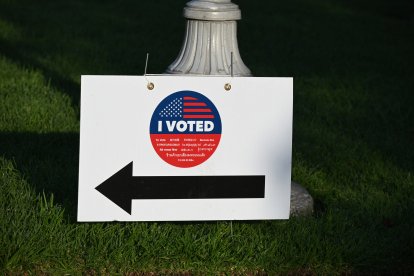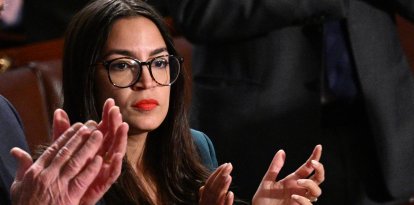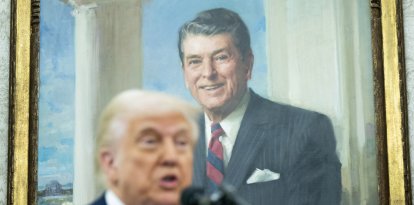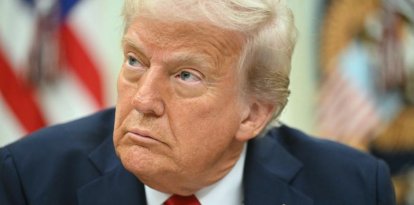Why is California still counting votes a month after the election?
Gov. Gavin Newsom signed universal absentee voting into law in 2021, and since then the Golden State's election efficiency has been lackluster.

California's last election law was passed in 2021/ Robyn Beck.
More than a month after the presidential election, California is still counting votes. It is still counting not only to determine the final results of the contest betweenDonald Trump and Kamala Harris, but also in races having to do with control of Congress and the state Assembly. Logically, many voters and analysts across the country have been asking the question: Why is California still counting votes?
The Golden State happens to be the most populous in the country, with an estimated population of 38 million people. However, this alone is not enough to justify the delay. For example, Texas has about 30 million people and full results were available in the days after Nov. 5.
Even Florida, with some 29 million inhabitants, ended election night with 99% of all votes counted, finalizing the count within two days.
The reasons for this delay in the vote count have to do strictly with election laws passed by the state's Democrats and enacted by Governor Gavin Newsom.
How do people vote in California?
According to the U.S. Constitution, states have absolute power over how elections are conducted within their borders, which explains, for example, why some ask for a form of identification when voting and others choose not to.
Therefore, the decision rests on the shoulders of the legislators and election officials of the respective states.

Society
Fentanyl overdose deaths suffer a considerable drop: What is behind this trend?
Joaquín Núñez

California designed its elections to try to maximize turnout, evidently to the detriment of efficiency in counting votes.
While California has had a lot of vote-by-mail voting for years, this trend deepened even more after the 2020 pandemic. That year, the Golden State sent all of its voters mail-in ballots and they have since decided to adopt it permanently.
AB 37 of 2021
Democratic Assemblyman Marc Brenan authored AB 37, legislation passed in 2021 that authorized election officials to mail a ballot to every active registered voter, whether or not they requested it. The law was signed into law on September 27, 2021 by Governor Newsom.
According to Brenan, the spirit of the law was to encourage and increase civic participation by the state's citizens. At that time, California became the eighth state to permanently implement universal absentee voting.
The legislation also allows mail-in ballots to arrive days after the election, as long as they are postmarked on or before Election Day. This is where the process slows down considerably, since all such ballots must be processed and verified, assuring that the signature on the ballot matches the one on file. If not, voters have up to 26 days to try to amend it.
Also, in California, voters can register on Election Day, so people who did not pre-register can cast a provisional ballot on Election Day. That vote is counted separately and then has to be verified by state officials to define whether or not it is eligible.
Initially, ballots could arrive up to three days after the election, but now they can arrive up to a week later. Therefore, officials only knew how many ballots there were to count on Nov. 12.
"What that means is that things are a little slower. But in a society that wants immediate gratification, I think our democracy is worth taking a little bit of time to get it right and create a system where everyone can participate," Brenan acknowledged in regards to the 2021 law.
According to the California Voter Foundation, the wholesale use of mail-in voting brings with it these delays of more than a month. These delays occur not only because these often take longer to process, but also because election officials must check for duplicate ballots, verify signatures and sometimes redo ballots that have been crushed, damaged or marked incorrectly.
"The longer this goes on, whether it's true or not, it sows distrust in the system"
For Republican Joe Patterson, a California assemblyman, the delay in counting the ballots could damage citizens' confidence in the system.
"Just because it's been a problem for a long time doesn't mean we can't or shouldn't solve it. It's very important to note that the longer it goes on, whether it's true or not, it will sow distrust in the system and we need more confidence in our election system," he told the Los Angeles Daily News.
For the Election Integrity Project California, a local think tank, "there is no need to send ballots to those who have not requested them and certainly not to those registered who are no longer in a position to legitimately vote."
In fact, this year the state sent 6.5 million mail-in ballots, which cost $11 million to print and mail, to voters who ultimately chose to stay home and not vote.
RECOMMENDATION























